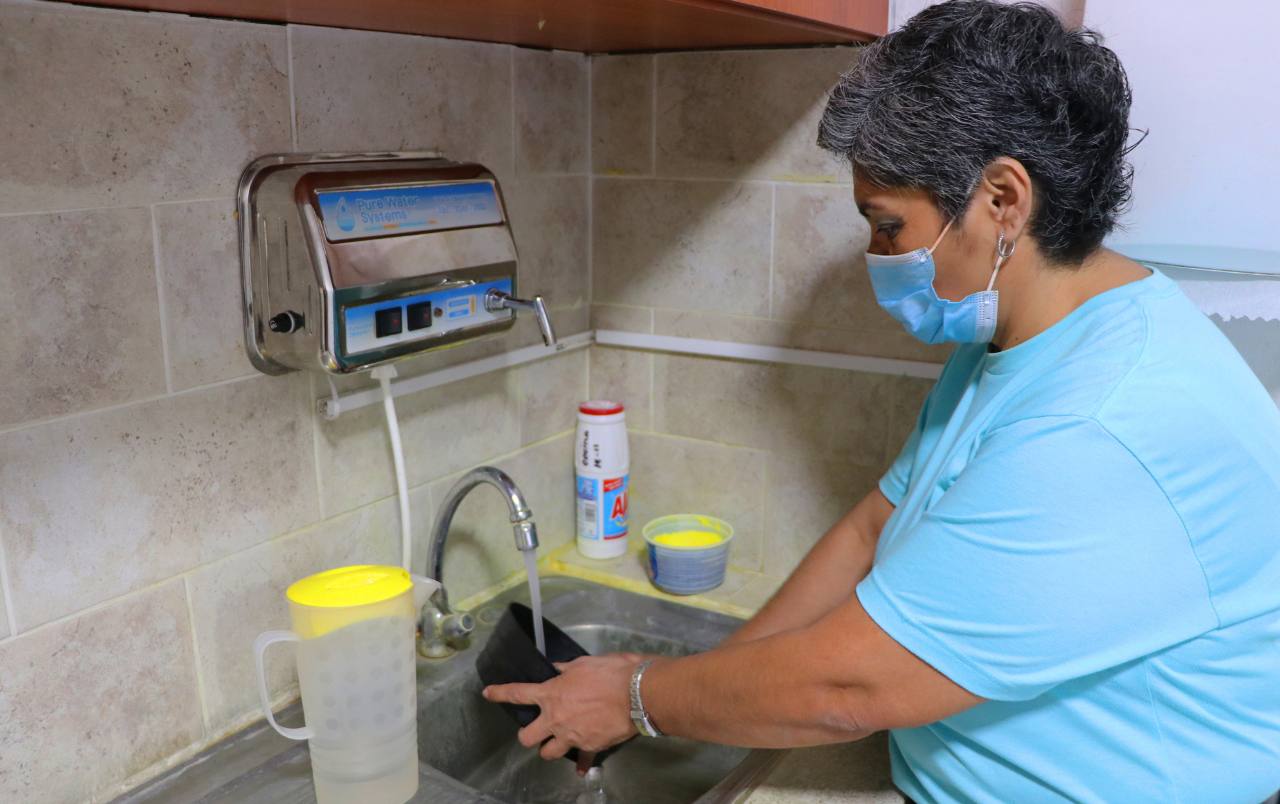On March 21st, 2020, the Salvadorian Ministry of Health declared a total restriction on the freedom to circulate and assembly,…
Like many other countries in the Latin America region, El Salvador has often experienced economic crises. Recently, the COVID-19 pandemic has affected the country’s economy adversely.
The monthly data provided on the employment situation by the Salvadorian Social Security Institute decreases when the country is in crisis. The numbers are not enough to understand the real impact of the pandemic on the economy and the vulnerability faced by certain groups, such as women.
This data insufficiency can be attributed to the high level of informality. Formal workers can be readily counted as they are regulated by the government and contribute to taxes and social security. Yet, they represent only 28% of the economically active population (EAP). The available data does not give information on the workers’ previous labour status or detect changes towards less favourable working conditions. Thus, labour vulnerability, which primarily affects women, is not visualised.
The new data
According to contributor data, more male workers (58%) have access to social security than female workers (42%), including during the pandemic. The total contributions fell by 7.3%. But, according to the data we gathered, and counting people who went in and out of the system, 30% stopped working in the formal sector of the economy. Interviews showed that most workers who left the formal sector moved into the informal sector. During 2020, 21.2% of formal workers transitioned to informal jobs, while in 2009, almost 15% left the formal sector. Our research also showed that women in the informal sector were more likely to leave the labour force or transition to less favourable jobs. Over a third of women in the informal sector left the labour force during the pandemic, while less than 10% of men did the same.
The government of El Salvador put in place many restrictive measures to contain the pandemic. We may never know the full extent of the consequences of these measures, including how they affect women. The country has historically had lower female participation in the labour market than other countries in Latin America. According to 2020 statistics, only 47% of working-age women are in the labour market, compared to 80% of men. This gender gap is one of the highest in the region.
Unpaid care work
Gender inequality in care work also played a significant role in how the pandemic affected the labour patterns of women. More than 65% of the women who became inactive in the workforce did this due to housework, including caring for their relatives. Women’s time dedicated to domestic care increased by 11% during the lockdowns. It shows the structural difficulties that unpaid care work causes for women. It is imperative to expand and implement public and private care services to cater to girls, boys and the elderly. It would be in line with target 5.4 of the Sustainable Development Goals, which calls to “Recognise and value unpaid care and domestic work through public services, infrastructure and social protection policies, and promoting shared responsibility in the home and family, as appropriate in each country”.
Text editor: Gabriela Keseberg Dávalos


